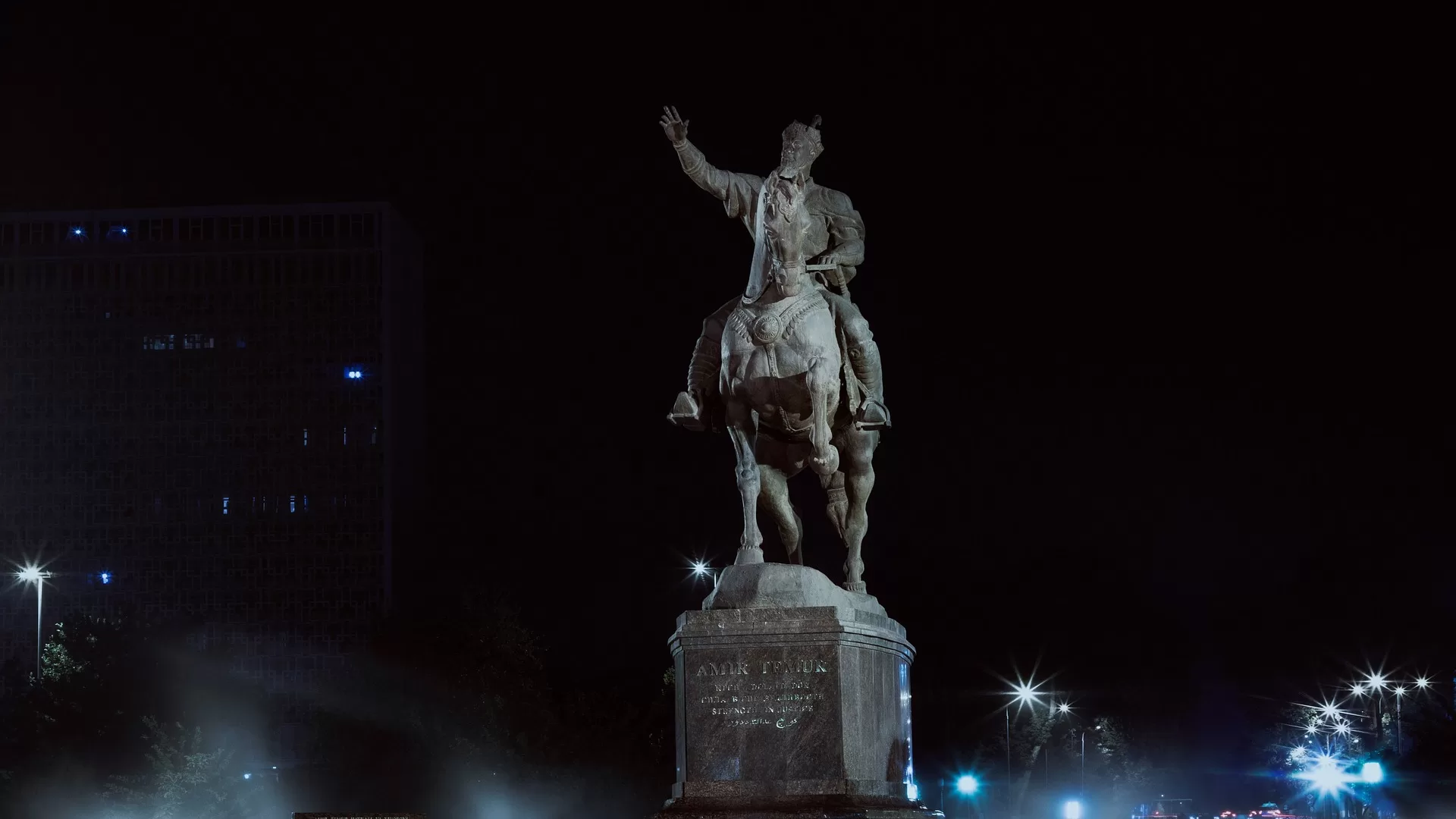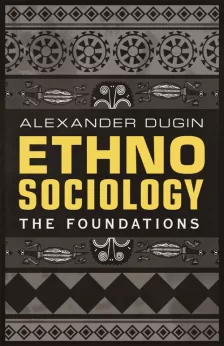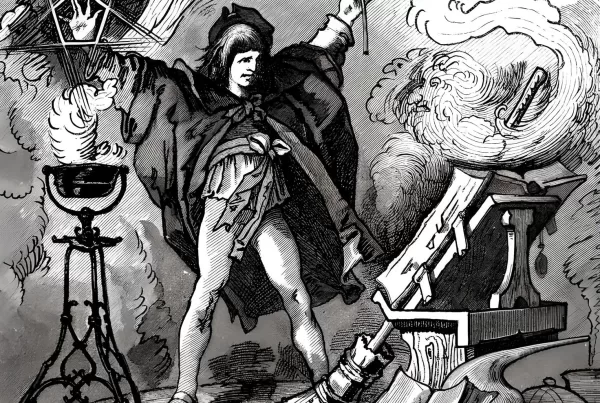Prepare yourselves, dear readers, for I bring you momentous tidings! In a stunning turn of events, the foreign ministers of Russia, China, Iran, and Pakistan have forged a formidable alliance in the ancient and enigmatic city of Samarkand in Uzbekistan on April 13, 2023. This auspicious gathering occurred on the periphery of the fourth regional summit of Afghanistan’s neighbors, held to address the dire predicament besieging the beleaguered nation. Samarkand, once a prominent stop on the Silk Road, was once ruled by the great Tamerlane, whose conquests spanned from Delhi to Astrakhan. His legacy looms large over the convocation in Samarkand. For it was in his footsteps that these foreign ministers walked, seeking to establish new spheres of influence. Yet, Tamerlane was not only a conqueror and a warrior but also a man who esteemed learning and culture. His support for the arts and sciences fostered a flourishing cultural panorama in Samarkand. During his reign, Samarkand blossomed into a hub of Islamic culture and scholarship, luring numerous scholars, poets, and artists from far and wide. Though often remembered for his military feats, Tamerlane’s legacy also endures as a distinguished benefactor of the arts.
The United States and the European Union were not even granted seats at the table during these paradigm-shifting negotiations; thus, the significance of this assembly looms alarmingly. It is the harbinger of a new geopolitical blueprint, where the old power dynamics of the post-World War Two era no longer hold sway. This new order is defined by the solidification of emerging titans, such as China and Russia, and the fateful decline of the West, which is grappling with internal divisions, political polarization, and the erosion of its economic and military dominance. In the words of the great Oswald Spengler, the Western system of the world is a closed one, with all other peoples ensnared in its grasp and the West unable to absorb any more. Such a system, my friends, is doomed to fail, leading to a catastrophic crisis that will spell the end of the decaying Faustian civilization. This collapse, marked by a series of world catastrophes, will shake the very foundations of the world and leave us all reeling in its wake.
The foreign ministers took up a multitude of pressing issues afflicting Afghanistan, ranging from the sudden surge in extremist activity, the adverse effects of US sanctions, the distressing living conditions of the Afghan people, and the overwhelming influx of Afghan refugees into the neighboring countries. Moreover, the ministers also meticulously discussed strategies to combat drug trafficking and to steady the socio-economic and humanitarian conditions in Afghanistan.
The joint statement issued in the aftermath of the meeting, wherein the ministers pledged their allegiance to the “Afghan leadership, Afghan ownership” principle concerning the country’s political resolution and developmental trajectory, assumes great importance. It underscores the rising autonomy of the global South, which no longer accedes to the West’s hegemony.
Amidst the shifting tides of global struggles, China and Russia boldly assert their might, challenging the domination of the West and striving for a more just and inclusive world. This can be seen in their concerted efforts to create new international organizations, such as the enigmatic Shanghai Cooperation Organisation, and their zealous promotion of economic and security initiatives, such as the Belt and Road Initiative and the Eurasian Economic Union.
The Belt and Road Initiative, a grand and ambitious project, seeks to establish China as a preeminent leader in trade, economics, and technology. It involves the creation of new infrastructure, such as ports, railways, and highways, that will connect China with other nations, fostering economic growth throughout the region. Additionally, this audacious endeavor also includes the formation of new financial institutions, like the Asian Infrastructure Investment Bank, designed to offer a potent alternative to the corrupt World Bank and the International Monetary Fund.
Within the tempestuous sea of global politics, a bewildering new reality has come into existence, threatening to tear apart the very fabric of the established hierarchy. Whilst the United States and its allies have been consumed by their own internal concerns, Russia has been surreptitiously shifting its gaze towards the East. The Eurasian Economic Union – a coalition of nations including Armenia, Belarus, Kazakhstan, Kyrgyzstan, and Russia – has vowed to foster economic integration and collaboration amongst its members, presenting an alternative to the European Union. Enshrined in the bedrock of free trade, unified economic policies, and unrestricted mobility of goods, services, capital, and labor, this organization seeks to challenge the conventional status quo and elevate a new heartland to global dominance.
As the tides of control shift, the United States and its allies find themselves besieged on all fronts by unfamiliar and unfathomable threats. Tensions between the US and China are rapidly mounting, while the once unwavering transatlantic alliance is displaying portentous signs of dissolution under the weight of its own internal divisions. Populist and nationalist movements are rapidly on the rise throughout the Western world, foretelling an epochal upheaval in global affairs. Confronted with an onslaught of mounting perils, it is indubitably clear that change is upon us and that the old pattern is being irretrievably sundered. The future lies cloaked in impenetrable mystery. The only absolute certainty is that the winds of revolution are howling, ushering in the possibility of an uncharted world beyond what was established centuries ago.
The rallying of foreign ministers from the lands of Russia, China, Iran, and Pakistan forebodes a seismic shift in the world’s matrix of great spaces. The grip of the West is waning, and novel masters have risen, seeking a more just and equal global order. This rising multipolar world has profound implications for global politics, and its mystery and uncertainty hang heavy in the air. The once unshakable structures are being challenged and overthrown, leaving a void that these new powers are quick to fill. What new alliances will be forged? What conflicts will arise from the chaos? Only the fates can tell. Yet, one thing is certain – the world as we knew it is no more. The future is full of ominous possibilities, like a storm-cloud lurking overhead, ready to unleash a hurricane at any moment. This historic congregation in the ancient city of Samarkand may well be recorded in the annals of time as a pivotal moment in this new era of global realignment. Old certainties are giving way to a truly brave new world, shrouded in the enigmatic cloak of the unknown.










This is an observation that should give us all hope!
The smaller forgotten and overlooked nations have seen the results of a U.S./collective west’s penchant for “exporting democracy” (read: authoritarian oligarchic control masquerading as democracy) when one starts to register on the west’s radar and are turning to the rival eastern nations who are offering a more diplomatic approach to foreign relations. If a more loose “multipolar” coalition of nations can boost their peoples lot in life (especially as regards politically unstable and economically impoverished Afghanistan after disastrous U.S. involvement) through mutually fair and equitable trade deals, foreign aid loan packages, infrastructure development, etc., then other nations who are still on the fence about swearing fealty to the U.S. led financial and military juggernaut could find themselves running at warp-speed to join this new eastern led bloc of nations, could be even some of the U.S. staunchest allies might start to waver if their is a bonanza to be shared.
No better and more symbolic place to herald in the resurgence of the Heartland than the ancient and glorious city of Samarkand